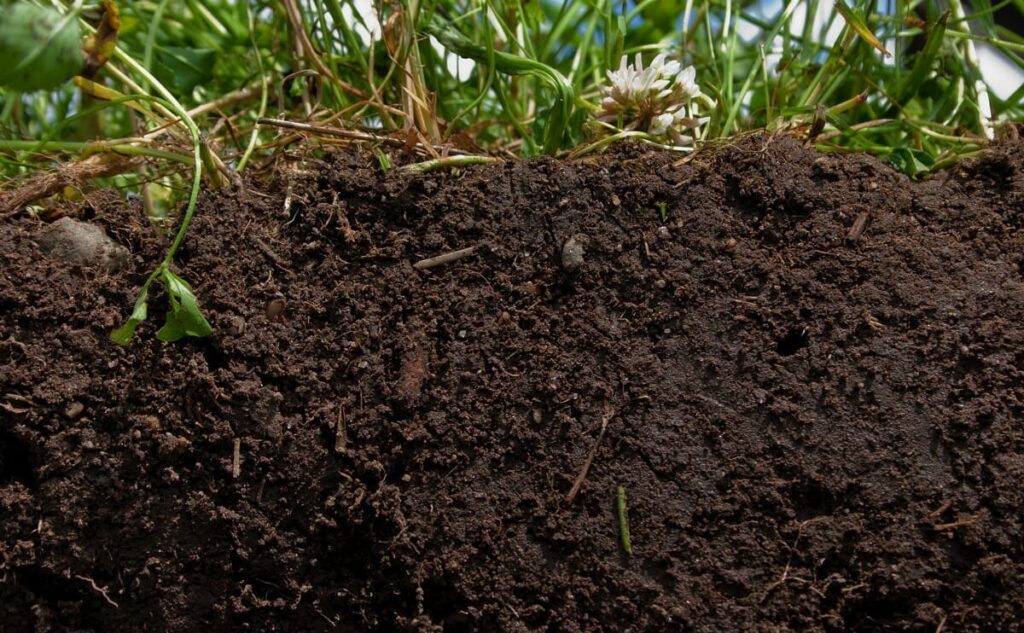
Soil quality is pivotal in farm valuations as it directly impacts crop yields, profitability, and land prices. High-quality soil guarantees ideal nutrient content, water retention, and root development for plants, leading to increased yields and reduced input costs. The quality of soil determines the long-term sustainability and potential profitability of a farm, making it a key consideration for buyers and investors evaluating agricultural properties. Understanding the significance of soil quality in farm valuations can provide valuable insights into the overall health and productivity of the land.
Key Takeaways
- Soil quality impacts property value by influencing farm productivity.
- High-quality soil enhances profitability potential, attracting buyers and investors.
- Evaluation of soil quality determines long-term sustainability and profitability.
- Soil quality affects market value and overall valuation of agricultural land.
- Productivity potential linked to soil quality is a critical factor in farm assessments.
Impact on Crop Yields
Evaluating the soil quality of a farm is essential for determining its impact on crop yields. Soil quality directly affects the availability of essential nutrients, water retention, and overall plant health. High-quality soil provides a stable foundation for plant roots to establish and access the necessary nutrients for growth. On the other hand, poor soil quality can lead to nutrient deficiencies, waterlogging, or inadequate aeration, all of which can greatly reduce crop yields. Soil quality influences crop yields through various mechanisms. First and foremost, the nutrient content of the soil, including nitrogen, phosphorus, and potassium, plays a vital role in plant development. Next, soil structure impacts root penetration, affecting the plant’s ability to extract water and nutrients. Additionally, soil pH levels can influence nutrient availability to plants. Farmers must analyze soil quality through testing and observation to make informed decisions regarding fertilizer application, irrigation, and crop selection to optimize yields and promote sustainable farming practices.Influence on Profitability
The quality of soil on a farm greatly impacts its profitability, influencing input costs and crop yields.- Nutrient Levels: Soil rich in essential nutrients can lead to higher crop yields, reducing the need for expensive fertilizers.
- Water Retention: Soils with good water retention capacity require less irrigation, saving on water costs.
- Resistance to Erosion: Soil erosion can deplete valuable topsoil, affecting crop productivity and increasing the need for soil conservation efforts.
- Soil Structure: Well-structured soil promotes better root development and nutrient uptake, contributing to healthier crops and increased profitability.
- Pest and Disease Resistance: Soil quality can influence the prevalence of pests and diseases, impacting the need for pesticides and other control measures which can add to production costs.
Relationship to Land Prices
In the domain of agricultural land transactions, the essential relationship between soil quality and land prices is a pivotal factor influencing valuation outcomes. Soil quality directly impacts land productivity, affecting the types of crops that can be grown and their yield potential. Land with high-quality soil is often more desirable and commands higher prices due to its ability to support a wider range of profitable agricultural activities. Conversely, land with poor soil quality may have limited agricultural potential, leading to lower land prices. Additionally, soil quality plays a vital role in determining the long-term sustainability of agricultural operations on a particular piece of land. Investors and buyers consider the soil’s ability to maintain productivity over time when evaluating its value. Soil degradation can lead to decreased land prices as it reduces the land’s ability to generate consistent profits in the future. Hence, soil quality is a fundamental consideration in determining land prices in agricultural real estate transactions.Sustainability and Longevity
Achieving sustainability and longevity in agricultural operations heavily relies on the foundational aspect of soil quality. The quality of soil directly impacts the productivity and resilience of farms, making it an essential factor in ensuring the long-term success of agricultural endeavors. To enhance sustainability and longevity, farmers need to take into account the following:- Soil Health: Maintaining soil fertility and structure is vital for sustaining agricultural productivity over time.
- Water Retention: Soil quality influences water retention capacity, which is important for drought resistance and reducing irrigation needs.
- Nutrient Availability: Healthy soil provides essential nutrients to crops, reducing the dependence on synthetic fertilizers.
- Erosion Control: Good soil quality helps prevent erosion, preserving the land for future generations.
- Biodiversity Support: Healthy soils support diverse ecosystems, enhancing overall farm resilience and sustainability.
Role in Agricultural Success
Foundational to agricultural success, soil quality serves as a cornerstone for sustainable and productive farming practices. The quality of soil directly impacts the ability of crops to thrive, affecting factors such as nutrient availability, water retention, and root development. Soil with ideal quality provides a stable foundation for plant growth, ensuring that crops have access to essential nutrients required for healthy development. Additionally, soil quality influences the soil’s ability to retain moisture, which is important during dry periods to sustain plant growth. Moreover, the structure of the soil plays an essential role in root penetration and aeration, which are necessary for the overall health and productivity of crops. Farmers who prioritize soil quality through practices such as crop rotation, cover cropping, and organic matter addition are more likely to achieve agricultural success through increased yields, improved crop quality, and long-term sustainability. Essentially, soil quality is a fundamental factor that underpins the success and viability of farming operations.Effects on Farm Productivity
Soil quality greatly impacts the overall productivity of farms by directly influencing crop yield and quality. High-quality soil provides a fertile environment for crops to thrive, leading to increased production and better-quality harvests. The effects of soil quality on farm productivity are multifaceted and include:- Nutrient Availability: Soil rich in essential nutrients such as nitrogen, phosphorus, and potassium supports healthy plant growth and development.
- Water Retention: Soil with good water holding capacity guarantees that crops receive an adequate water supply, especially during dry periods.
- Root Development: Quality soil allows roots to penetrate easily, anchoring plants securely and enabling efficient nutrient uptake.
- Pest and Disease Resistance: Healthy soil promotes strong plant immunity, reducing susceptibility to pests and diseases.
- Crop Diversity: Different soil types support a variety of crops, enhancing farm productivity through crop rotation and diversification strategies.
